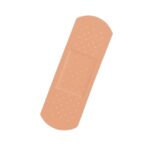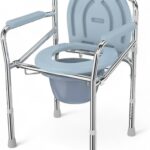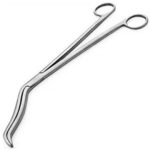How Lifestyle Choices Can Impact Hernia Development

Hernias are a common yet often underestimated medical condition that can significantly disrupt daily life if not addressed promptly. Typically caused by a combination of internal weaknesses and external pressures, hernias usually develop silently, only becoming noticeable through symptoms like discomfort or a visible bulge. Everyday choices, like how we lift objects or the diet we take, play a crucial role in influencing the risk of hernia development.
By recognizing these connections, you can make small but impactful lifestyle changes to protect your health and lower your risk effectively.
Lifestyle Factors that Contribute to Hernia Development 🔚
Several lifestyle factors can elevate your risk of developing a hernia:
1. Poor Posture and Physical Strain 🛌
Poor posture and excessive physical strain can weaken your abdominal muscles, making them more susceptible to hernias.
2. Obesity and Poor Diet 🔪
Excess weight adds additional pressure on your abdominal muscles, increasing the risk of hernias. An unhealthy diet can also contribute to obesity and other health concerns that may indirectly increase hernia risk.
3. Chronic Cough and Smoking 🫁
Chronic coughing, often associated with smoking, can strain your abdominal muscles and increase intra-abdominal pressure, leading to hernia development.
4. Other Contributing Factors
Other factors that may contribute to hernia development include:
- Age: Older adults are more prone to hernias due to weakened tissues.
- Genetics: A family history of hernias can increase your risk.
- Pregnancy: Pregnancy can weaken abdominal muscles, especially during multiple pregnancies.
✅ Conclusion: Fear is Often Worse Than the Surgery Itself
Surgery is not a punishment or a last resort. It’s a solution crafted through science, skill, and care.
Always consult your doctor, understand the facts, and make informed choices—not fear-based ones.

 My Account
My Account
























